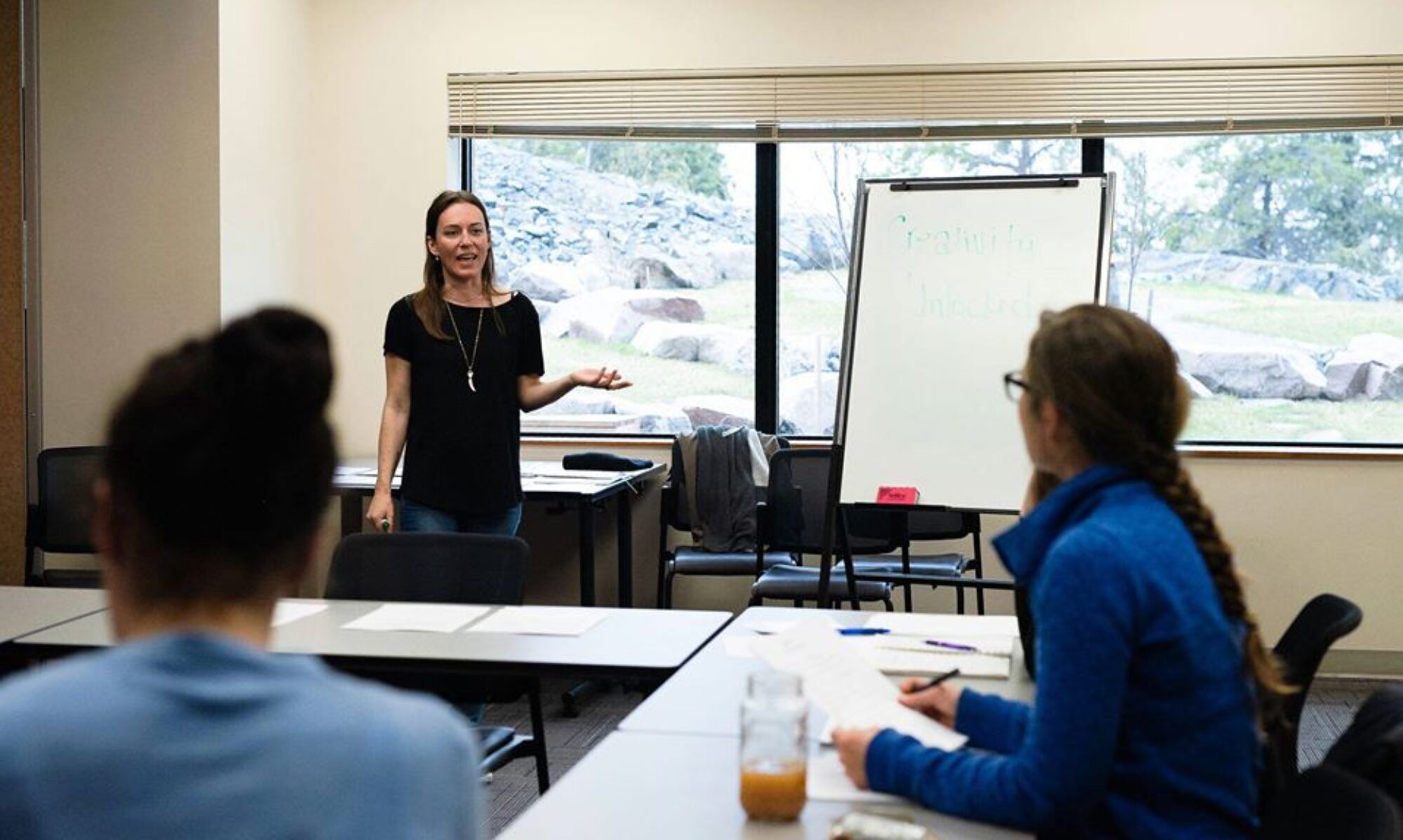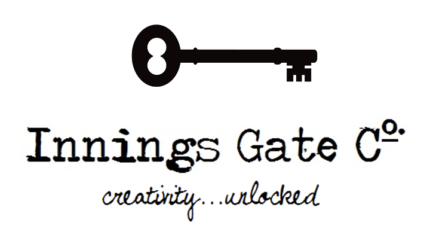On Tuesday March 22nd, 2011, Roy Thomson Hall hosted OVATION: Celebrating Classical Music at the JUNO Awards. Presented by Toronto Symphony Orchestra music director Peter Oundjian, the evening honoured Canada’s contribution to the classical genre with performances by some of this nation’s best, including Anton Keurti who won the very first JUNO for classical music in 1977 and who is also an Officer of the Order of Canada. Other guests included soprano Measha Brueggergosman, violinist Lara St. John, cellist Winona Zelenka, and the Gryphon Trio.
You’d think, with a line-up like that, Roy Thomson Hall would have been sold out. Especially considering the turn-out that the TSO receives for non-Canadians such as cellist Yo-Yo Ma (although the Toronto Music Garden was designed by him). I expected a celebration of Canadian classical music to draw a much larger crowd. In fact, in all my years of attending symphonies at RTH, I have never seen it so sparsely populated. (Even the line-ups for drinks at intermission were short. Gasp.)
But in a way, the small crowd only added to the experience.
Upon entrance to the hall, the stage was set with only two pianos and sporadic chairs. The empty seats around the rear of the stage, and along the sides, increased the feel of vacancy and decreased the distraction of capacity. Sat in the centre of row “A,” my view was of the stage alone. Usually seated in the mezzanine or balcony, I enjoy taking in the crowd, the orchestra in its entirety, the event as experience. But last night, I felt almost as if I had snuck into a private dress rehearsal. It was vulnerable, candid, self-deprecating; it was Canadian.
Immediately, cellist Winona Zelenka commenced the sorrowful “Prelude” from Bach’s Cello Suite No. 6 in D; its ethereal strings echoing out into the void of space.
Peter Oundjian took the stage upon Winona’s completion, introducing the event and the next performers, Tafelmusik Baroque Orchestra. For a Baroque lover (if it ain’t Baroque, don’t fix it!), nothing could lighten the mood more than an uplifting Vivaldi. And to top it off, the selection, Concerto for Two Violins in A Major, Op. 3, No. 5, Allegro – Largo, was taken from Tafelmusik’s recent “Galileo Project”! An incredible interplay of music and images from the Hubble Space Telescope. “The Galileo Project: Music of the Spheres” is also a performance that Tafelmusik has taken around the globe. Using historical instruments, “Tafelmusik was a time-machine […] sweeping the audience out of its seats and back to that magic period between 1650 and 1750” (The Royal Gazette, Bermuda, January 1999). Never failing to provide a feast of song, the Orchestra transported me last night, as it did its audience in 1999, back to the heart of the 17th century. If only I could don a lavish gown, be drunk off jugs of wine and full of swan, venison, and wild boar… dancing ’til dawn to the strumming Baroque guitar.
Sigh.
But returning to the 21st century, and the celebration of Canadian music, Peter Oundjian reminded us that more JUNOs have been handed out for classical music than any other genre. We have an outstanding pool of talent in Canada, including R. Murray Schafer, who composed the Duo for Violin and Piano; the “Third Movement: With Great Vigour and Intensity” of which was performed by St. John’s musicians Duo Concertante.
Mr. Oundjian joked about Schafer’s inclination to quip, especially when naming his pieces. And his Third Movement was no exception. The struggle between piano and violin was SO vigorous and SO intense it transcended mortal conflict and became a testiment of freewill versus determinism; order versus chaos; reason versus the absurd.
Providing a rest after that tense performance were the Gryphon Trio, with Beethoven’s “Ghost.” Ludwig just has a way about the piano. A delicacy that is only his. (Although, at times, also an intensity.) In “Ghost,” the apparition’s ivory fingers played through pianist Jamie Parker, softly drifting between Annalee Patipatanakoon’s violin and Roman Borys’ cello, as they brought the Allegro to life. Astor Piazzolla’s Las cuatro estaciones porteño followed.
Concluding the first half of the evening, Lara St. John took the stage, accompanied by Serouj Kradjian on piano. Lara’s latest album Mozart, a collaboration with her brother Scott St. John and The Knights, is nominated for Classical Album of the Year. Performing the world premiere of “Falling” from Russian Evening Suite, composed by Gene Pritsker, the passionate violinist played with eyes wide shut. Her presentation was aggressive at times; then sorrowful. It was pained. Russian. And fell to barely a whisper on both keys and string.
Following intermission, Winona Zelenka again set the mood for the remainder of this intimate celebration, by performing Gaspar Cassadó’s Suite for Solo Cello. The legendary pianist Anton Kuerti took the stage next, with Felix Mendelssohn’s Fantaisie in F-sharp Minor. Any one of the night’s performers could have held their own for the entire event, but none so much as Anton. Alone with his Steinway, playing without sheets, history tickled every guest. And rivalling Anton’s talent was his humility. Thanked by Peter Oundjian for a performance Anton gave years ago in honour of Peter’s late father, Anton replied, “It was your father’s idea.”
Breaking up the intensity, we were privy to a touch of humour in the form of a scuffling stage hand, desperately failing at obscurity as he set up the music stands for the next act. Exiting to a hearty round of applause, the stage hand graciously bowed to the crowd. Again, an intimate and candid experience one normally does not find amongst the symphonic.
Angèle Dubeau & La Pietà, an all-female ensemble, striking in black and red, consisted of strings and one piano (strangely positioned backwards). Performing the Suite from The Hours, both myself and my companion J experienced evocations of scenes far away from Roy Thomson Hall. For me, the strings rolled in like waves, and I thought of the tsunami washing over Japan. Then the piano entered, rebuilding the wet notes.
Perhaps my imaginings were not too far off, considering the next piece by Armenian chamber ensemble, Amici, of Serouj Kradjian’s Elegy for restive souls, was written in honour of the 20th anniversary of the 1988 Spitak earthquake in Armenia (then part of the Soviet Union). The performance opened with pizzicato (plucking of the violin strings), like ticking of a clock. Then a very sorrowful clarinet joined, and both were randomly attacked by pounding of piano keys. The clarinet gave a playful, fluttering quality to the piece, with an emotional violin, and cello depth balancing between the two. The piano was clearly the event; the straining of the strings, the tragedy; and the woodwind seemed a survival of the spirit and of nature. The clarinettist played on two instruments; the second more muted than the first.
Serouj clearly composes with the same passion as he performs with on piano.
Finishing off the evening was (my favourite!) soprano Measha Brueggergosman, singing “Le temps des Lilas” from Poème de l’amour et de la mer by Ernest Chausson. Stunningly raw, bare-footed, and clad in a ragged-chic gown by Canadian designer Magpie, Measha commanded the stage like only she can. Her expressions are so powerful they stretch her visceral voice from her diaphragm to the depths of every audience member’s core. She is simply amazing. I have seen her perform “Ode to Joy” at the TSO, and Elletra in Mozart’s Idomeneo with Opera Atelier. She is actually returning to OA for their 25th anniversary season to perform in La Clemenza di Tito from April 22nd to May 1st, 2011.
At the end of the event, Peter Oundjian thanked the sponsors and the contributing designers (aside from Magpie, a few other performers – and Peter himself – wore designs from Canadian Rosemarie Umetsu), and then welcomed Measha Brueggergosman and Lara St. John back to the stage for a surprise Mozart encore!
All things considered, while it may have been an intimate applause, OVATION stood tall as it celebrated Canadian classical music during a JUNO Week fuelled by Drakes and Justin Biebers.
B-b-b-bravo!

